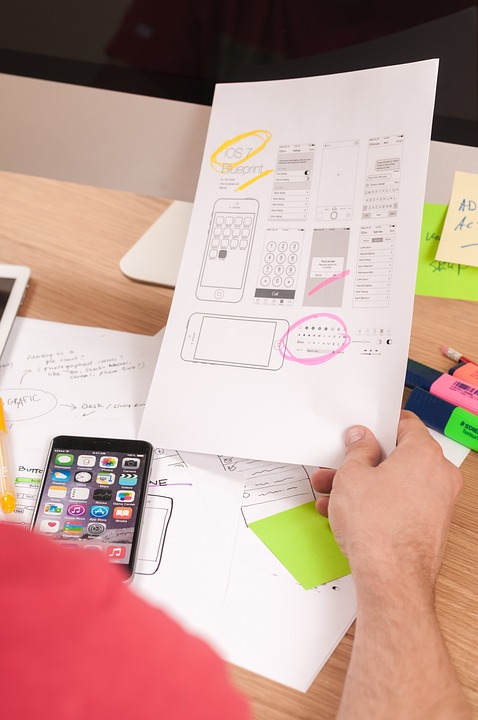Essential UX Designer Interview Guide: Tips and Techniques for Success
Embarking on the journey to secure a position as a UX designer can be as thrilling as it is daunting. The interview process, a significant milestone, often feels like navigating a labyrinth of questions, portfolios, and assessments. To help you traverse this terrain with confidence, here’s an invaluable guide brimming with tips and techniques to elevate your chances of success.
Understanding the Role
A UX designer is not merely a visual artist; they are a problem-solver, a user advocate, and a creative thinker. Familiarity with the fundamental principles of user experience design is crucial. This involves understanding:
- User-Centric Design: Your ability to empathise with users and anticipate their needs must shine through.
- Research Methods: Be prepared to discuss various research techniques, from usability testing to surveys, and how they influence design decisions.
- Prototyping and Wireframing: Demonstrating your proficiency in tools such as Sketch, Figma, or Adobe XD is essential; these are not just buzzwords but your arsenal for creating effective designs.
Preparing Your Portfolio
Your portfolio is your calling card, a visual representation of your skills and experience. A well-curated portfolio should include:
- Diverse Projects: Showcase a range of work that reflects your versatility—websites, apps, and possibly even personal projects that illustrate your design thinking.
- Process Documentation: Don’t just present the final products; narrate the journey. Include your research, sketches, and iterations to highlight your design process.
- Impact Metrics: Whenever possible, quantify your contributions. Did your design improve user engagement by a specific percentage? Such figures lend credibility to your narrative.
Mastering Common Interview Questions
Interviews are often peppered with questions that probe your thought process and problem-solving abilities. Familiarise yourself with common inquiries, such as:
- "Can you describe your design process?": Articulate your approach from research to final design, illustrating with examples.
- "How do you handle feedback?": Share instances where constructive criticism led to improved designs, showcasing your adaptability.
- "What’s your favourite project and why?": This is your chance to highlight your passion; choose a project that resonates deeply with you.
Demonstrating Soft Skills
While technical prowess is paramount, soft skills are equally important. Interviews often delve into your interpersonal abilities, such as:
- Collaboration: Discuss how you’ve worked with cross-functional teams, highlighting your communication skills and ability to compromise.
- Empathy: Share stories that reflect your understanding of users, emphasising how this empathy shapes your design decisions.
- Problem Solving: Provide examples of challenges you faced in projects and how you navigated these hurdles creatively.
The Importance of Questions
An interview is a two-way street. Prepare insightful questions to ask your interviewers, such as:
- “What does the design process look like in your team?”
- “How does the company measure the success of its designs?”
- “What opportunities for professional development does the company offer?”
Asking questions not only demonstrates your enthusiasm but also helps you gauge whether the company aligns with your values and career aspirations.
Embracing the Journey Ahead
Entering the realm of UX design is as much about growth as it is about skills. Each interview is a stepping stone toward honing your craft and finding the right fit for your talents. Remember, the goal isn’t just to land a job, but to find a role that resonates with your passion for design and user experience.
For those looking to refine their application materials, CVPortal continues to offer a plethora of quality CV references, ensuring you present your best self to potential employers. With the right preparation and mindset, success in the UX design interview process is well within your grasp. Embrace the challenge, and let your creativity shine through!


